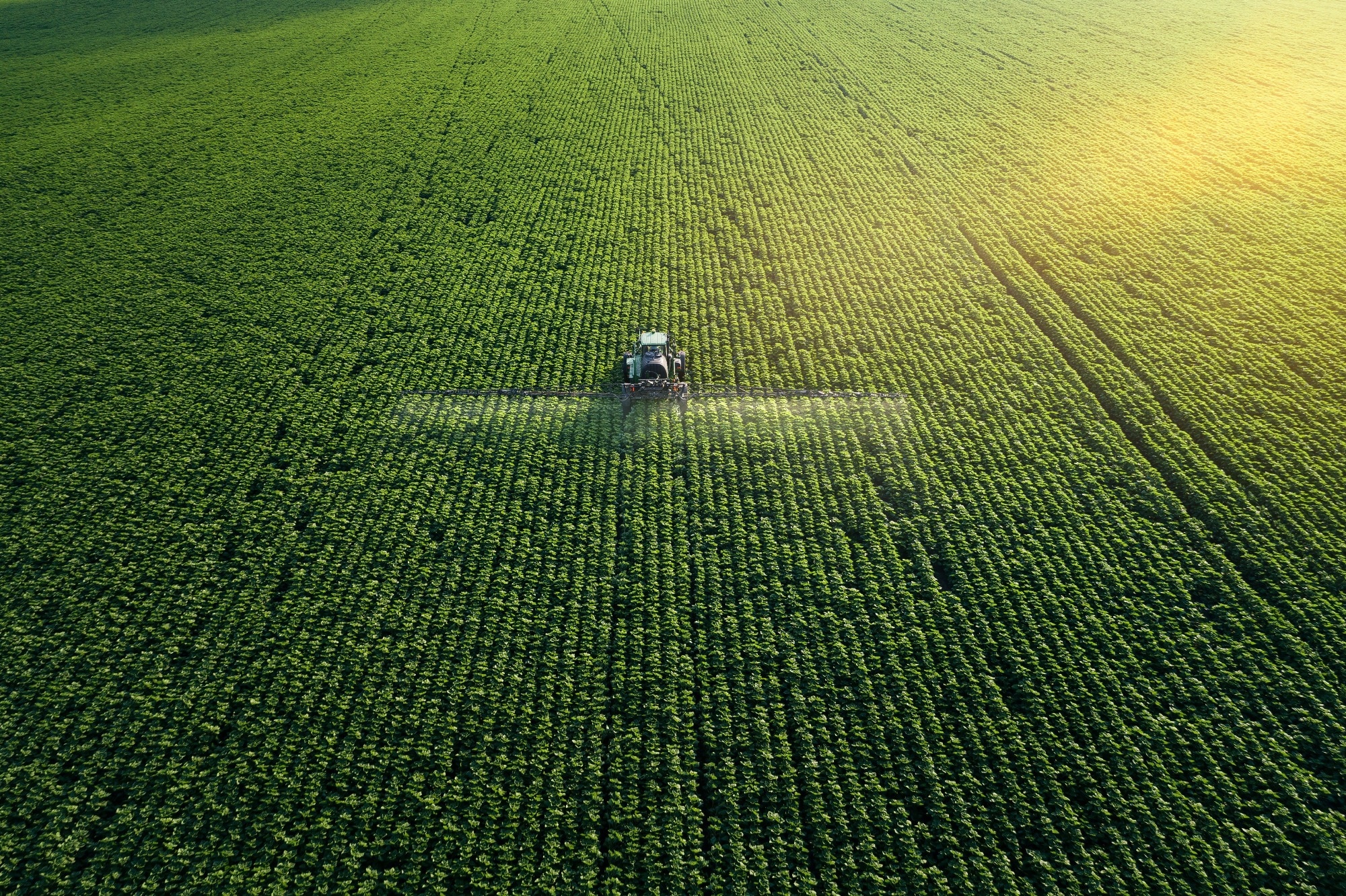Sep 20 2022Reviewed by Mila Perera
Water is crucial to the production of crops. However, individuals such as Jonathan Proctor — a Ph.D. holder in Agriculture and Resource Economics from the University of California Berkeley — have been trying to describe why the significance of water is not being demonstrated in statistical models of crop production.

Image Credit: Shutterstock.comKarlosWest
Studies analyzing how crop yields respond to temperature and rainfall tend to find that temperature matters much more than water, even though we understand from plant physiology that temperature and water supply are both really important for crops. Solving this puzzle is critical for quantifying how climate change will affect global crop yields.
Proctor, Postdoctoral Fellow, Prof. Peter Huybers’ group, Harvard John A. Paulson School of Engineering and Applied Sciences (SEAS)
The study group had a theory that the models may measure the wrong kind of water. The Harvard team employed satellites to quantify soil moisture surrounding the root zone for millet, soybeans, maize, and sorghum produced across the globe, rather than measuring precipitation as done in earlier studies.
The researchers discovered that models using soil moisture describe 30% to 120% more of every year change in production across crops than models that depend on rainfall.
Rainfall and soil moisture can differ pretty dramatically due to evaporation, infiltration, and runoff. What falls from the sky is not necessarily what’s in the soil for the crops to drink—and we find that what’s in the soil for the crops to drink is what actually matters for their yield.
Proctor, Postdoctoral Fellow, Prof. Peter Huybers’ group, Harvard John A. Paulson School of Engineering and Applied Sciences
The research group could isolate and study the individual impacts of water supply and temperature on production, which are usually confused since dryness and heat are strongly associated.
The team identified intense heat to cause less damage to crop production than earlier models assessed, lowering probable damages from warming. They also, however, discovered amplified sensitivity to flooding and drought.
When it comes to predicting agricultural productivity in a changing climate, we need to consider how temperature and water availability will evolve together. In comparison to temperature, changes in water availability will be more regional and seasonal, such that regional planning and management strategies come more to the fore in coping with climate change.
Huybers, Professor, Environmental Science and Engineering, Earth and Planetary Sciences, Harvard John A. Paulson School of Engineering and Applied Sciences
The group plans to employ this enhanced comprehension of the effect of temperature and soil moisture on the global agricultural yield to discover how climate change might impact other factors of human well-being, such as migration choices or the food supplies’ stability.
Nature Food published this paper. Angela Rigden and Duo Chan co-authored this study. It was funded by the Harvard Google Data+Climate Project.
Journal Reference
Proctor, J., et al. (2022) More accurate specification of water supply shows its importance for global crop production. Nature Food. doi.org/10.1038/s43016-022-00592-x.
Source: https://www.seas.harvard.edu/